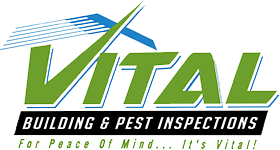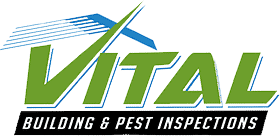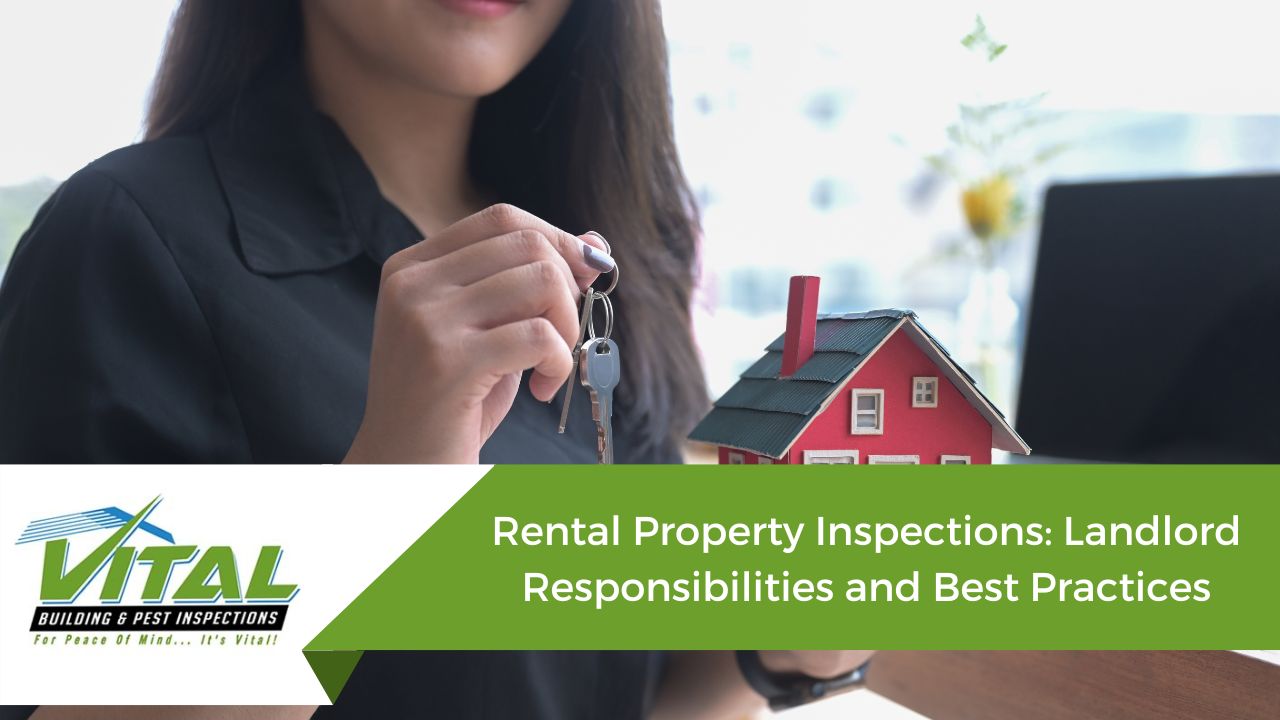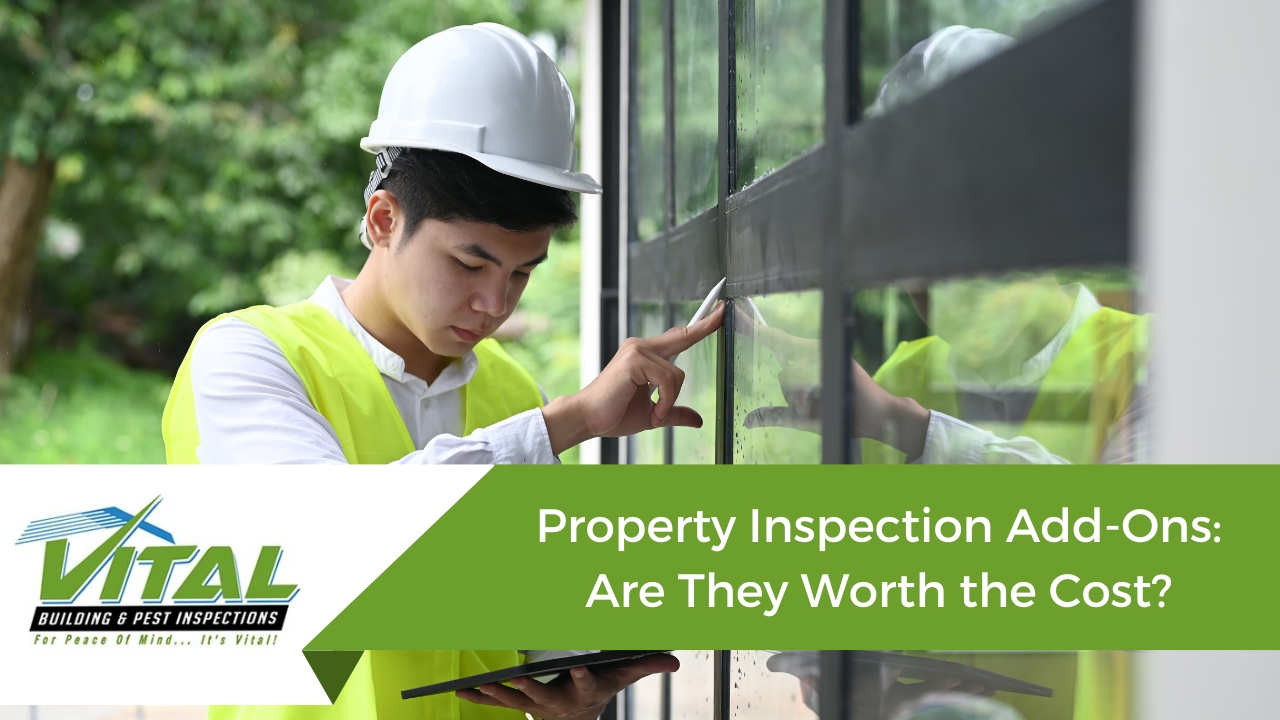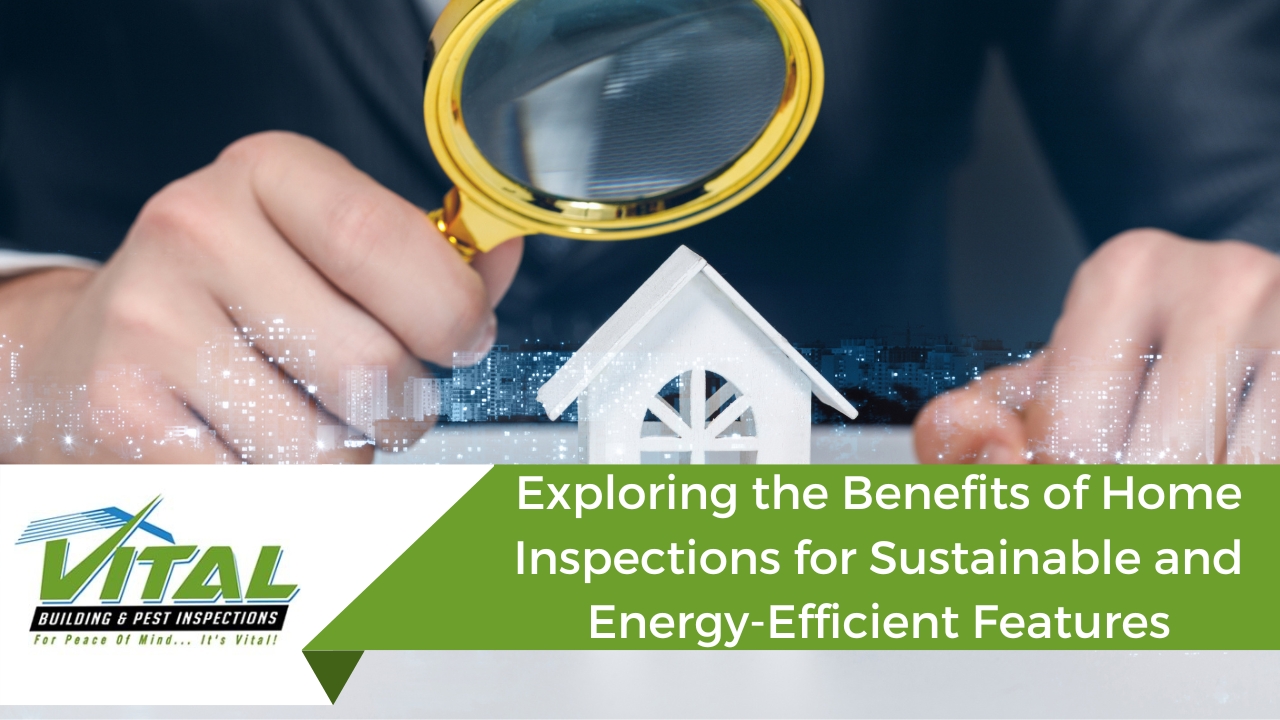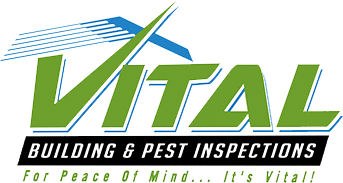Owning a rental property is a significant undertaking that involves various responsibilities for landlords. Among these, regular property inspections stand out as a crucial element in ensuring the well-being of both the property and its tenants. This article delves into the nuances of rental property inspections, outlining essential practices for landlords to uphold.

The Importance of Regular Inspections
Beyond the apparent need for maintaining the property’s physical condition, regular inspections serve as a proactive approach to preventing potential issues. By identifying and addressing problems early, landlords can save on costly repairs and preserve the overall value of their investment. Furthermore, inspections foster a positive relationship between landlords and tenants, enhancing communication and trust.
Frequency of Inspections
Determining the appropriate frequency of inspections requires a thoughtful approach. While legal frameworks may provide guidelines, landlords must strike a balance that respects tenant privacy while ensuring the property is adequately maintained. Typically, inspections are conducted every 3 to 6 months, allowing for a comprehensive assessment without intruding excessively on the tenant’s living space. In NSW, legislation dictates that rental inspections cannot exceed 4 visits in a 12-month calendar period. It’s best to consult your real estate agent when organising rental inspections to ensure the correct frequency and requirements.

Preparing for an Inspection
Effective communication is paramount when preparing for an inspection. Landlords should provide tenants with clear and timely notice, usually at least 7 days in advance, to ensure cooperation. Collaborating with tenants in finding a suitable inspection time fosters a positive relationship and sets the tone for a successful inspection.
Areas to Inspect
A comprehensive inspection is a cornerstone of effective property management, requiring a meticulous examination of both the interior and exterior facets of the dwelling. Interior checks delve into the intricate details of the property’s living spaces, involving a comprehensive assessment of appliances, plumbing systems, and the general wear and tear that naturally occurs over time.
Interior
Within the interior assessment, a detailed examination of appliances ensures that they are functioning optimally. This encompasses scrutinising the performance of kitchen appliances, heating and cooling systems, and any other equipment provided by the landlord. Plumbing systems, including faucets, pipes, and drainage, undergo a thorough inspection to identify any leaks or potential issues that may impact the property’s habitability. Additionally, a close examination of general wear and tear within the living spaces helps in identifying areas that may require maintenance or refurbishment.
Exterior
Simultaneously, exterior inspections are essential to evaluate the overall structural integrity of the building and its surroundings. This entails a careful examination of the building’s exterior walls, roof, windows, and doors to ensure that they are weather-tight and free from damage. Attention is also directed towards the condition of the garden, with a focus on landscaping elements, irrigation systems, and any potential safety hazards. Shared spaces, such as common areas in multi-unit complexes or communal facilities, are included in the assessment to ensure they meet safety and maintenance standards.
The importance of a methodical approach during inspections cannot be overstated. A step-by-step examination ensures that no aspect of the property is overlooked or neglected. This systematic process involves creating a checklist of key items to inspect, guiding the examiner through each area of the property with precision. By adhering to a methodical approach, landlords can confidently assess the condition of both the interior and exterior, identifying issues promptly and implementing necessary measures to maintain the property’s overall health and functionality.
Documentation and Record-Keeping
Maintaining meticulous documentation is a best practice for landlords. Written reports and photographs taken during inspections serve as a valuable record of the property’s condition. In the event of disputes or claims for damages, this documentation becomes crucial evidence and helps protect the landlord’s interests.

Addressing Repairs and Maintenance
Identifying necessary repairs during inspections is only part of the process. Landlords should prioritise addressing these issues promptly. Timely repairs not only maintain the property’s safety and habitability but also demonstrate the landlord’s commitment to providing a well-maintained living environment, contributing to tenant satisfaction.
Legal Compliance
Understanding and adhering to local laws and regulations regarding property inspections is imperative for landlords. This includes familiarity with notice periods, entry requirements, and limitations on inspection frequency. Staying informed ensures that landlords operate within legal boundaries and maintain a harmonious landlord-tenant relationship.
Respecting Tenant Privacy
While landlords have the right to inspect their property, it is equally important to respect tenant privacy. Efficient and focused inspections, concentrating on necessary areas, demonstrate consideration for the tenant’s personal space. Open communication and transparency can alleviate any concerns tenants may have regarding their privacy during inspections.
Handling Tenant Concerns
Acknowledging and addressing tenant concerns regarding inspections is essential for maintaining a positive relationship. Landlords should be receptive to discussing these concerns and, when possible, adjusting the inspection schedule to accommodate tenant needs. Flexibility and understanding contribute to a more cooperative and harmonious living arrangement.
Using Professional Inspection Services
Many landlords opt to engage professional building and pest inspection services to ensure a comprehensive and unbiased assessment. Professional inspectors possess the expertise to identify hidden issues that may go unnoticed during a routine inspection. While this incurs an additional cost, the investment in professional inspections can provide peace of mind and contribute to the property’s long-term health.
Building Positive Landlord-Tenant Relationships
Regular, respectful communication and transparency during inspections contribute to building positive relationships with tenants. Establishing trust through open dialogue can lead to longer tenancies, reduced turnover costs, and a sense of community within the property. Landlords who prioritise positive relationships often find that tenants are more likely to report issues promptly, fostering a collaborative approach to property maintenance.

Fostering Excellence in Property Management through Diligent Inspections
Rental property inspections are a multifaceted aspect of responsible property management. By conducting regular, well-documented inspections, landlords not only maintain the property’s condition and address issues promptly but also foster positive relationships with tenants, leading to a harmonious and successful rental experience.
For landlords seeking professional and thorough property inspections, Vital Building and Pest Inspections is your trusted partner. Our experienced team employs meticulous assessment techniques to provide you with comprehensive insights into your property’s condition. Contact us today to schedule an inspection and ensure the longevity and value of your investment.
